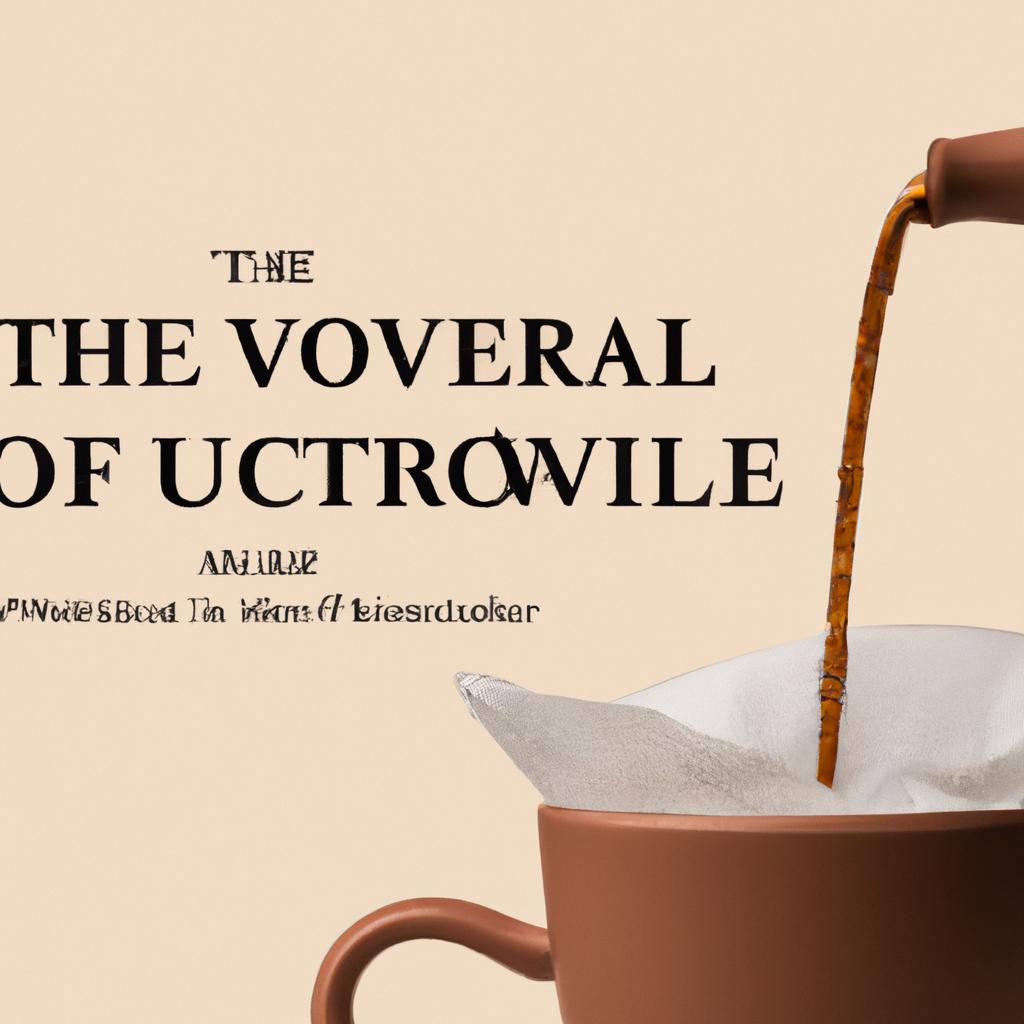When it comes to preparing for the future, creating a comprehensive estate plan is crucial. A popular choice that many individuals incorporate into their plan is a pour-over will. This type of will is designed to work in tandem with a trust, ensuring that any assets not already transferred to the trust during the individual’s lifetime are still safeguarded and distributed according to their preferences. Let’s explore an example of a pour-over will to better comprehend its workings and why it might be a beneficial addition to your estate planning toolkit.
Key Components of a Pour-Over Will
A pour-over will is a type of will that operates in tandem with a trust. It guarantees that any assets not already in the trust at the time of the testator’s death will “pour over” into the trust. This can help to simplify the probate process and ensure that all of your assets are accounted for and distributed according to your preferences.
Here are some key components:
- Trust Provisions: The pour-over will should mention the specific trust that it is designed to work with. This includes naming the trust and detailing its provisions.
- Asset Distribution: The will should indicate which assets should pour over into the trust upon the testator’s death.
- Executor: Similar to a conventional will, a pour-over will should appoint an executor who will be responsible for ensuring that the testator’s preferences are executed.
| Key Component | Description |
|---|---|
| Trust Provisions | Details the specific trust that the pour-over will is designed to work with. |
| Asset Distribution | Indicates which assets should pour over into the trust upon the testator’s death. |
Significance of Creating a Pour-Over Will
Creating a pour-over will can provide additional peace of mind and ensure that your assets are distributed according to your preferences. This type of will is particularly beneficial for individuals with complex estates, as it can help simplify the probate process and reduce the risk of assets being overlooked.
By establishing a pour-over will, you can ensure that any assets not specifically mentioned in your other estate planning documents are still included in your overall estate plan. This can help prevent any assets from being overlooked and potentially being distributed in a way that you did not intend.
Furthermore, a pour-over will can also help protect your loved ones by providing clear instructions on how you want your assets distributed. This can help prevent any confusion or disputes among beneficiaries and ensure that your final wishes are executed as you intended. With the peace of mind that comes from having a comprehensive estate plan in place, you can focus on enjoying life knowing that your affairs are in order.
Example of a Well-Crafted Pour-Over Will
Here is an example that demonstrates the importance of thoughtful estate planning:
This pour-over will includes specific instructions for distributing assets that are not included in a revocable living trust. By incorporating a pour-over will into your estate plan, you can ensure that any assets not titled in the name of your trust will be transferred to the trust upon your passing.
In this example, the pour-over will also appoints a trusted individual as the executor of the estate, responsible for carrying out the instructions outlined in the will. This executor will work in tandem with the trustee of the revocable living trust to ensure that all assets are distributed according to the deceased’s preferences.
Considerations When Drafting a Pour-Over Will
When drafting a pour-over will, there are several important factors to consider to ensure that your assets are distributed according to your preferences. It is crucial to carefully think through the following considerations:
- Selecting the right executor: Choosing a reliable and organized individual to execute the instructions in your pour-over will is crucial. Make sure to discuss this role with the person beforehand.
- Listing all assets: Ensure that you have a comprehensive list of all your assets, including bank accounts, properties, investments, and personal belongings. This will help avoid any confusion or disputes among beneficiaries.
- Updating beneficiaries: Regularly review and update the beneficiaries listed in your pour-over will to reflect any changes in your life circumstances, such as marriages, divorces, births, or deaths.
- Consulting a legal professional: Seeking advice from an experienced estate planning attorney can help ensure that your pour-over will complies with state laws and is accurately drafted to avoid any potential legal challenges.
The Conclusion
A pour-over will is a powerful tool that can help ensure your assets are distributed according to your wishes. By designating a trust as the beneficiary of your estate, you can simplify the probate process and potentially save time and money for your loved ones. Remember, consulting with an experienced estate planning attorney can help you craft a pour-over will that meets your specific needs and goals. With careful consideration and planning, you can leave behind a clear and organized legacy for your heirs.

Unveiling the Intricacies of a Pour-Over Will: A Comprehensive Example
When it comes to estate planning, many individuals are familiar with wills and trusts. However, there is a lesser-known tool that can play a significant role in your estate plan – the pour-over will. In this article, we will delve into the intricacies of a pour-over will using a comprehensive example. By the end of this article, you will have a better understanding of how a pour-over will works and how it can benefit you and your loved ones.
What is a Pour-Over Will?
A pour-over will is a legal document that works in conjunction with a trust. It essentially “pours” any assets that are not already included in the trust at the time of the individual’s death into the trust. This ensures that all of the individual’s assets are eventually distributed according to the terms of the trust.
Here is a simple example to illustrate how a pour-over will works:
Example:
John creates a revocable living trust and transfers the majority of his assets, such as his home, investment accounts, and valuable personal property, into the trust. However, he forgets to transfer his antique car and a small checking account into the trust before his passing.
Fortunately, John has a pour-over will that states any assets not already in the trust at the time of his death should “pour over” into the trust. As a result, his antique car and the funds in his checking account will be added to the trust and distributed according to the trust’s instructions.
Benefits of a Pour-Over Will
There are several benefits to including a pour-over will in your estate plan:
- Ensures all assets are included in the trust: A pour-over will helps ensure that no assets are left out of your trust, reducing the likelihood of assets going through probate.
- Facilitates asset distribution: By “pouring over” assets into the trust, a pour-over will streamlines the distribution process and ensures that assets are distributed according to your wishes as outlined in the trust.
- Privacy and efficiency: Trust administration is typically much more private and efficient than the probate process. By utilizing a pour-over will, you can keep your estate affairs out of the public eye and expedite the asset distribution process.
Practical Tips for Creating a Pour-Over Will
When creating a pour-over will, consider the following practical tips:
- Work with an experienced estate planning attorney: Estate planning can be complex, and it’s crucial to work with a knowledgeable attorney who can help you navigate the process and ensure your wishes are carried out.
- Review and update your estate plan regularly: Life changes, such as marriages, births, divorces, or changes in financial circumstances, can impact your estate plan. Regularly review and update your pour-over will and trust to reflect any changes in your life.
- Communicate your wishes with loved ones: While estate planning can be a sensitive topic, it’s important to communicate your wishes with your loved ones to avoid any confusion or disputes down the line.
Case Study: The Importance of a Pour-Over Will
Let’s look at a real-life case study to understand the importance of a pour-over will:
Case Study:
Mary created a revocable living trust and included all of her assets in the trust, except for a small savings account that she forgot to transfer. Unfortunately, Mary passed away unexpectedly, and the small savings account was left outside of the trust. As a result, the funds in the savings account had to go through probate, delaying the distribution of assets to her beneficiaries.
If Mary had a pour-over will in place, the funds from the savings account would have poured over into the trust, avoiding the probate process and ensuring a smoother asset distribution for her beneficiaries.
Conclusion
a pour-over will is a valuable estate planning tool that can work in tandem with a trust to ensure all of your assets are eventually distributed according to your wishes. By including a pour-over will in your estate plan, you can streamline the asset distribution process, maintain privacy, and avoid the probate process for any assets not initially included in the trust.
Remember to consult with an experienced estate planning attorney to help you create a comprehensive estate plan that includes a pour-over will and trust tailored to your specific needs and wishes.


